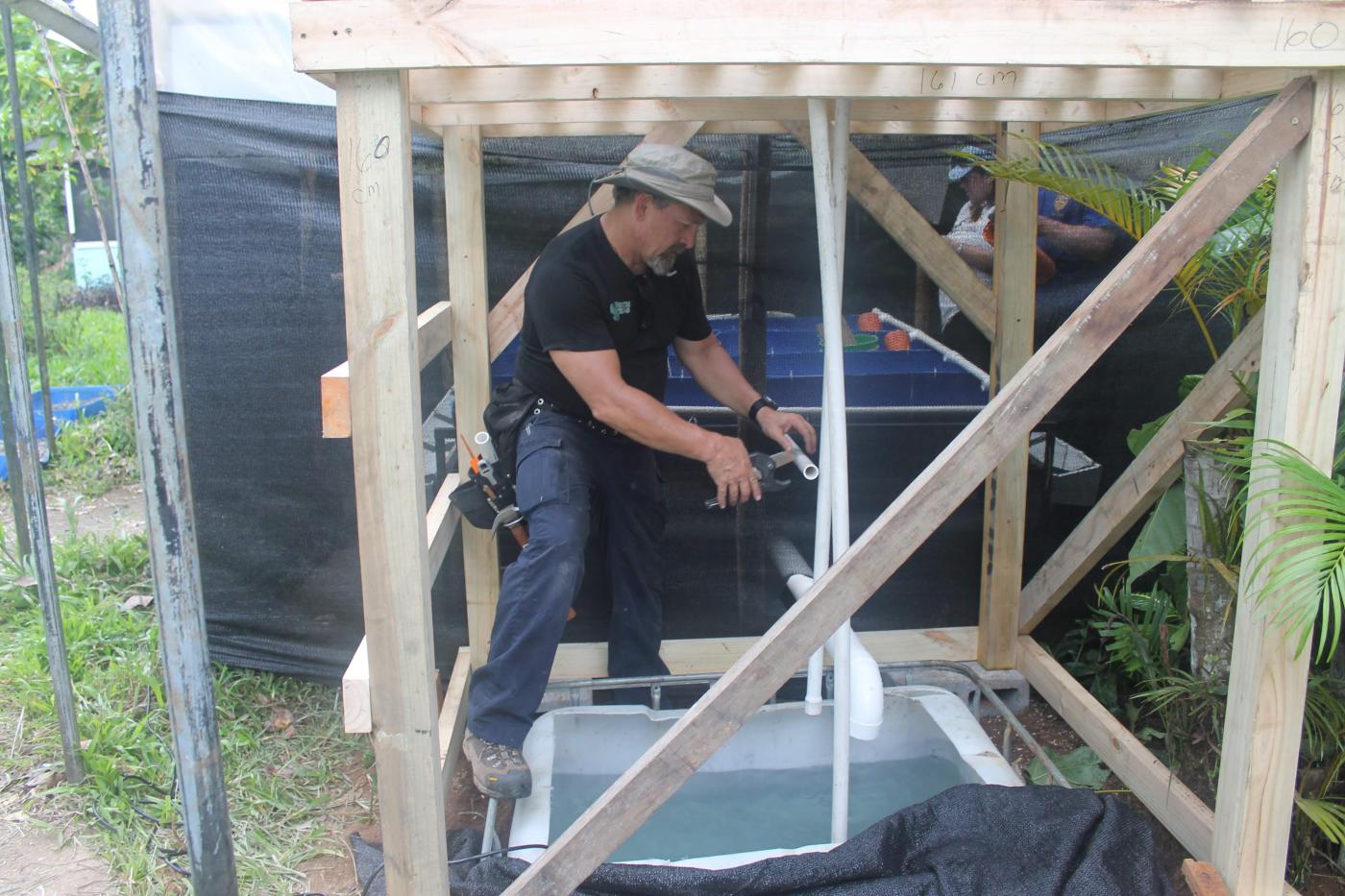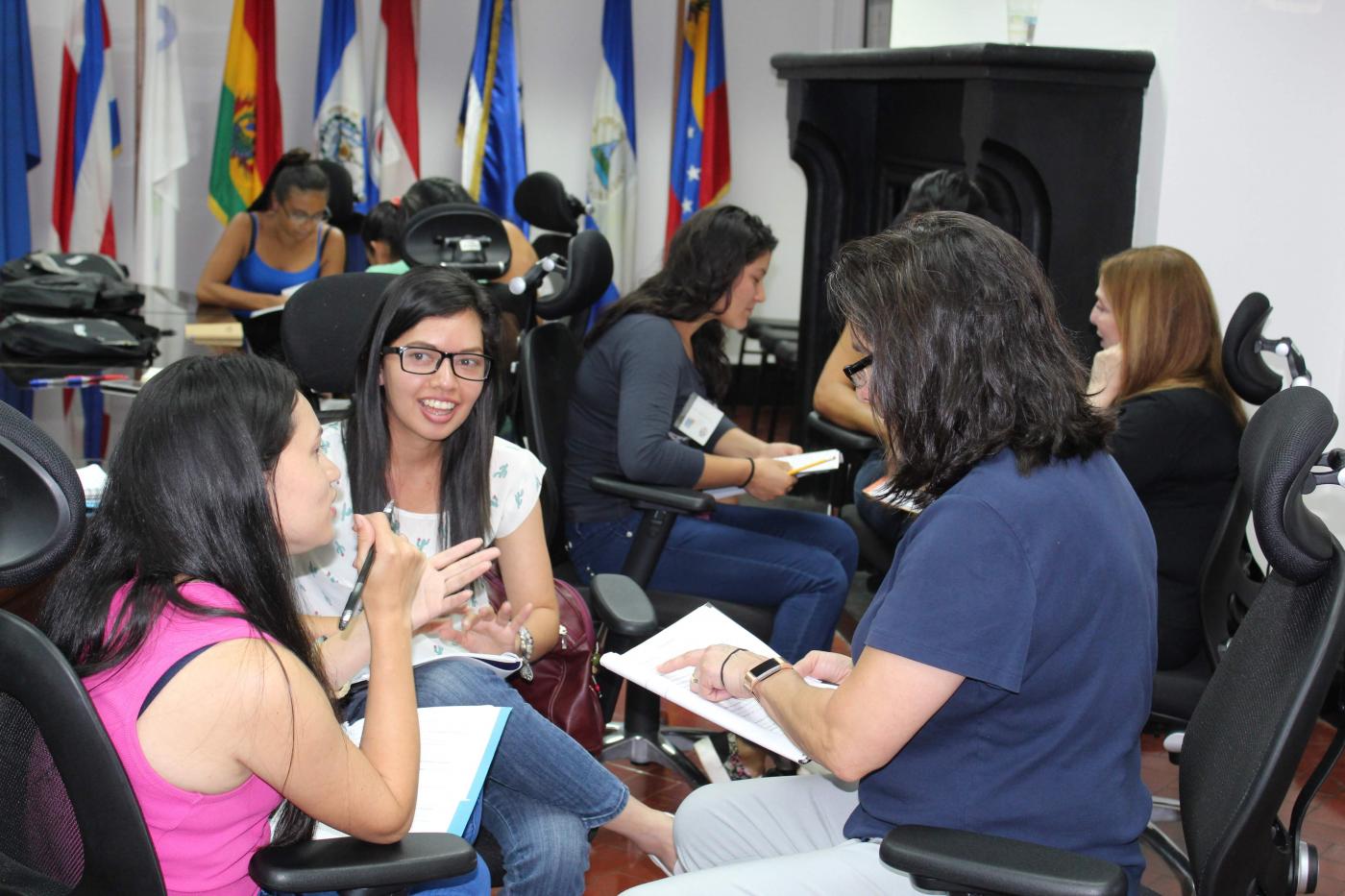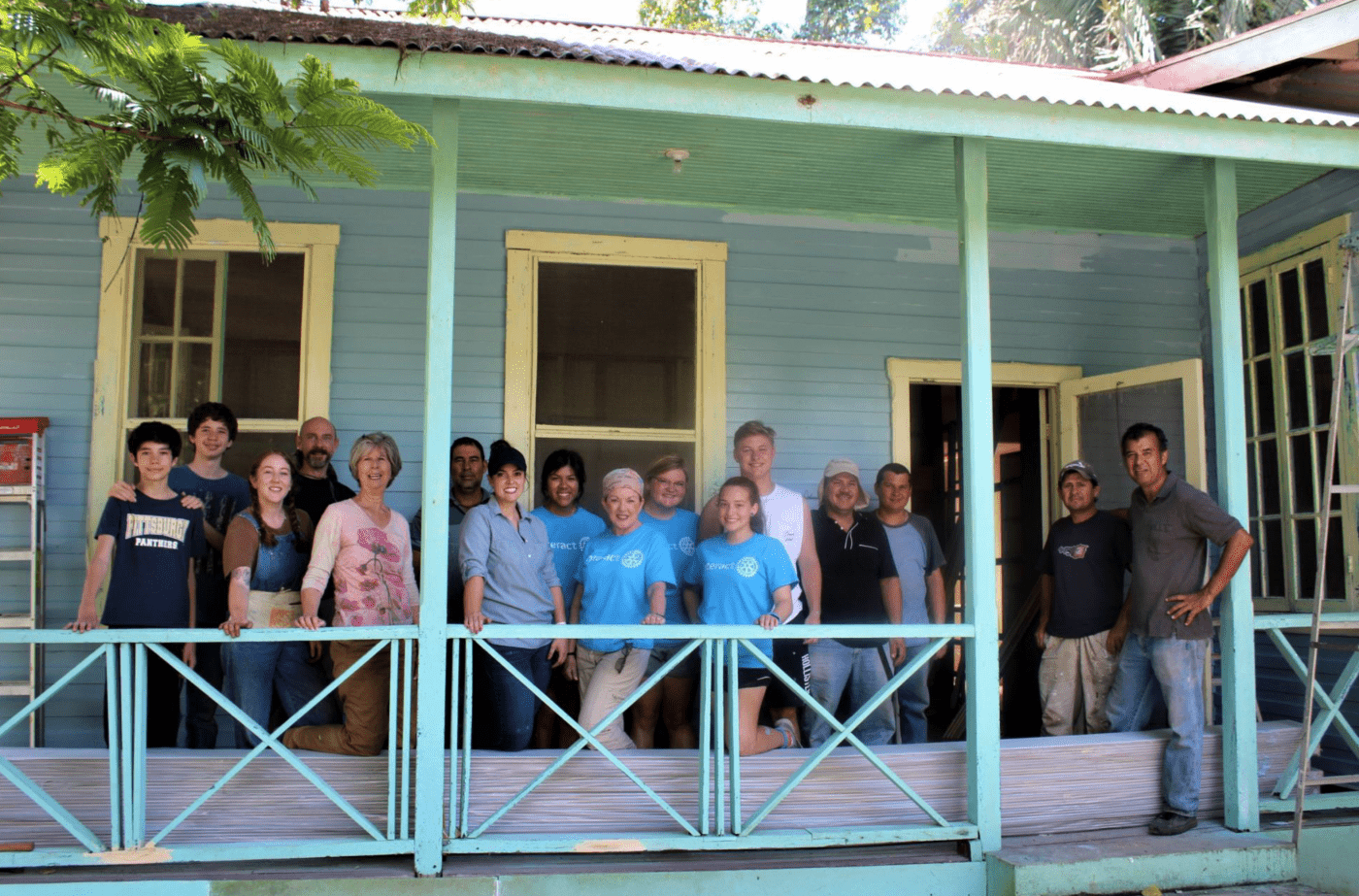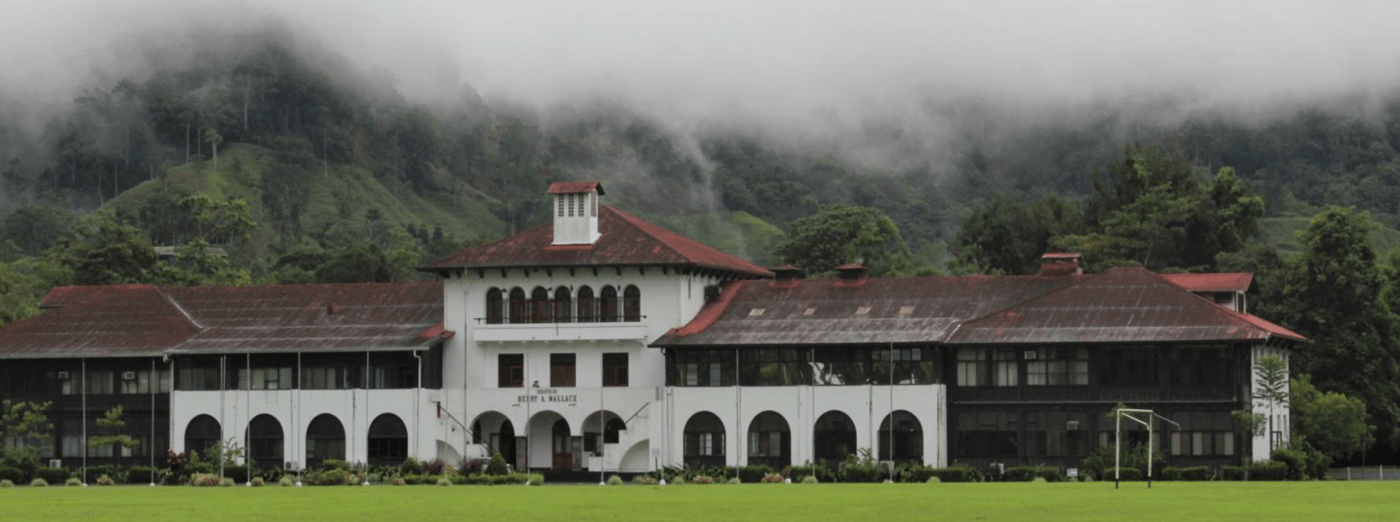Women launch business
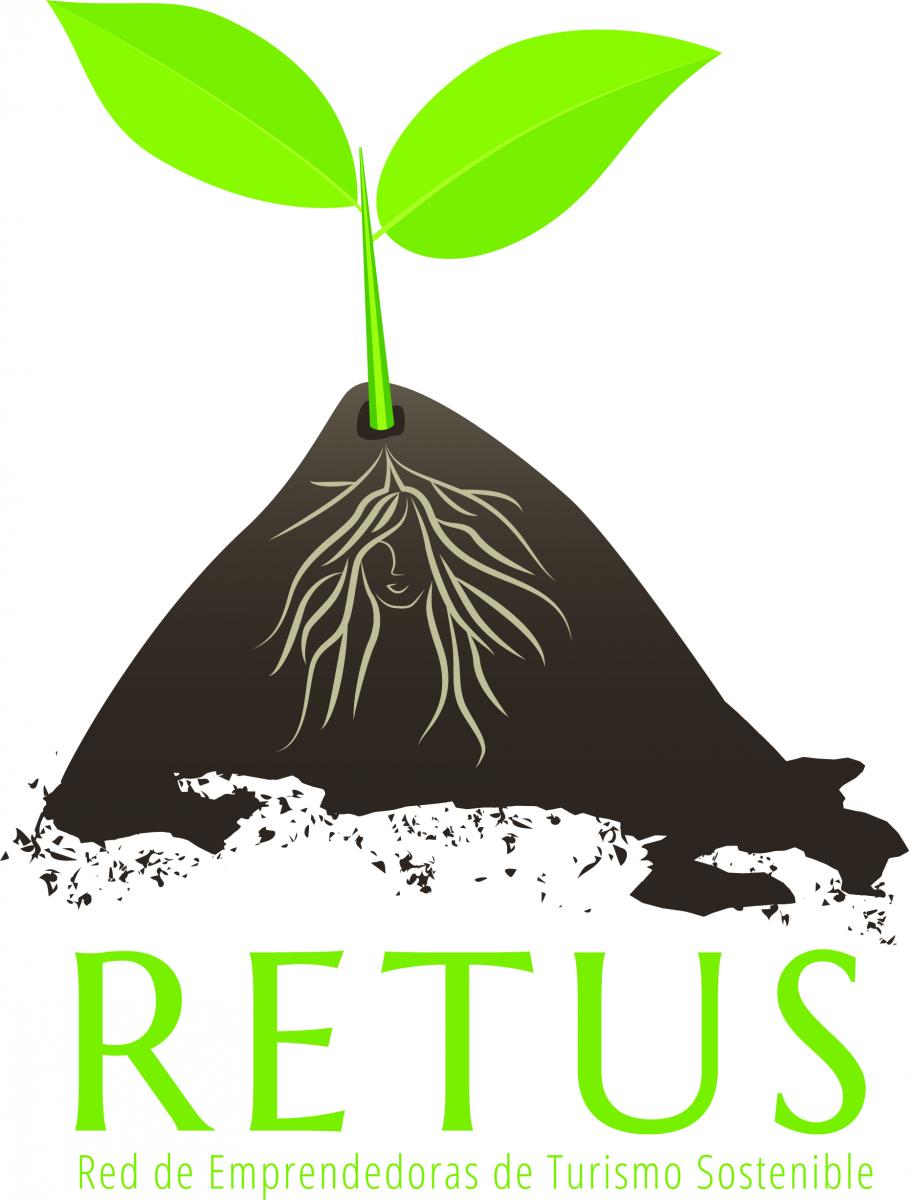
Women launch business
Location/Club: Rotary Club, Denton, Texas, USA
Keywords: Sustainable economies, Biodiversity, Ecosystems, Environmenatal Education
Description
Sustainable in Every Way:
Costa Rican women launch business cherishing Cloud Forest
A thriving environmental enterprise has taken wing in the highlands of Costa Rica, thanks to the asset-based strategy built by women in two countries. Called RETUS (in English: Network of Entrepreneurs in Sustainable Tourism), the successful launch of this business benefitting 600 rural families has opened a pathway to economic development sustainable in both human and environmental terms.
As the popularity of cloud forest tourism grows, women in three mountain communities around Turrialba, Costa Rica became increasingly concerned by unauthorized tours that damage and pollute the forest. One tour even resulted in multiple deaths when untrained guides agreed to take a group rafting in perilous conditions.
“The women wanted to protect and show the cloud forest correctly,” says Karen McDaniels, International Service Projects Chair for the Rotary Club of Denton Noon (Texas, USA). “They wanted to develop sustainable tourism, using themselves as tour guides.” The challenge was how to develop the business side, including marketing, pricing, financial management, hospitality, and developing attractions that would draw people from overseas.
The solution grew organically through noticing and combining a remarkable set of assets, and led to a Rotary Global Grant combining economic development with education on environmental sustainability.
The first asset is women: the passionate mission of the Costa Rican women plus the business acumen of bilingual women Rotarians from Texas who were inspired to join forces with them. More on that below!
The second is the partnership between Costa Rica’s land grant college CATIE and the University of North Texas, which grant a joint master’s degree in International Sustainable Tourism. CATIE provided the project with a large house on campus. Other physical and academic assets at CATIE open additional economic development opportunities for the future (more on THAT below).
The third is Rotary’s Global Grant model of strong partnership between host and international clubs.
The four Rotary Clubs in Denton, Texas contributed key skills for three different phases of launching the enterprise:
1. Four week-long courses in business taught to the RETUS tour guides and board by visiting American women. Guides also benefitted from Abilene Christian University sustainable tourism students going on their tours and giving feedback.
2. Rehabilitation of a historic house on the campus of the CATIE botanical garden to serve as an eco-hotel and office space for RETUS.
3. Construction of four aquaponics gardens, one at CATIE and one in each of the three participating mountain communities, to serve as tourist attractions and to raise healthy food and provide income for those communities.
“Everything was new to them, and very exciting,” says Karen McDaniels, who organized the team providing the business education. To make sure the new entrepreneurs developed a plan that made sense to them, “we presented the ideas and let them break up into groups, discuss, take ownership, and shape it.” This proved a galvanizing experience for women whose previous education and culture had been far more top-down.
The RETUS women worked for months to develop their own compelling mission statement: “The mission of RETUS is to develop the ecotourism business in rural communities in Costa Rica. We are women entrepreneurs and we train other women to be tour guides who promote and protect our cultural, historical and natural attractions while fostering economic and social development in our communities.
They also requested the Rotarians’ help in creating a logo to express the roots of their business: the strength of women and the beauty of the forest and volcano of their homeland.
The business experience shared by the American visitors was invaluable in freeing the RETUS entrepreneurs from anxiety. For example, the RETUS founders’ original thought was to charge only $2 per person for a tour, fearing a higher cost would deter tourists. The Denton Rotarians brought in a professional tour director who explained to the Costa Ricans how much American tourists are willing to pay for such an experience.
Another cool innovation that emerged organically is ongoing English language instruction. In addition to taking English classes during the four weeks of business training, the 18 RETUS tour guides have all paired up with bilingual American women from Denton’s Rotary Clubs who practice English with them in weekly WhatsApp calls.
The initial business plan includes guided visits to the cloud forest and new resources such as the four aquaponics gardens, which are a teaching tool on sustainable farming for both international visitors and Costa Rican school groups. Tourists can sign up for home stay with one of the families in the community and can also take part in a service project. Community residents prepare meals for the visitors as well, and the new gardens produce food that overcomes local nutritional gaps. RETUS includes local artisans who are making handicrafts for sale to visitors.
Even though the project is women-led, the aquaponics idea – new to this area – delights the men of the community, McDaniels reports: “When groups come through, THEY want to be the ones demonstrating how the fish and grow beds work.”
The project also gains strength from the unusual communitarian ethos of the three mountain villages. “They see the revenue stream as more important to the community than to individuals,” McDaniels says. “This is quite unique to Costa Rica, in my estimation: they consider the community to be their family.” For this reason, it was possible to site the aquaponic gardens in the yard of one family in each town without causing conflict.
The Silicon Valley e-Club has just translated a manual on how to construct the aquaponic garden into Spanish so the project can be replicated.
CATIE’s strengths offer additional opportunities for RETUS to expand its business. As one of the world’s leading seed banks, CATIE is developing new strains of cacao and coffee that are resistant to disease and climate change. It is producing cacao beans from the new plants and has built a chocolate factory on campus. CATIE has remodeled a free-standing commercial kitchen near the new Eco Hotel which RETUS hopes to use as a test and demonstration kitchen for sustainable cuisine. Plans include HGTV’s Food Channel’s bringing in celebrity chefs and offering culinary scholarships for local, talented young people.
This publicity, Rotarians’ help with social media strategy, outreach to travel agencies, and a new documentary being prepared by Danny Buday, a filmmaker who produces movies for the Lifetime Channel, will showcase RETUS and further strengthen the local economy.
McDaniels has a slide show on key take-home lessons, including engaging as many Rotary clubs as possible, clearly defining responsibilities and accountability, and delegating effectively. “Lead by example,” she recommends. “Your host club will learn how to implement a Global Grant by staying involved throughout. It’s also important not to try to replicate a global grant project in an area where the local Rotary Club is not yet on board with the concept.
“Delegate, then let go,” she says. “Respect that everyone has their own way of doing things. Her key insight on sustainability? “Welcome, respect, and include all ideas and suggestions.”
